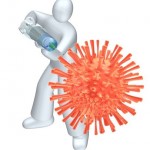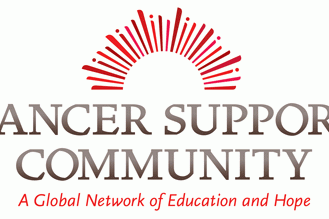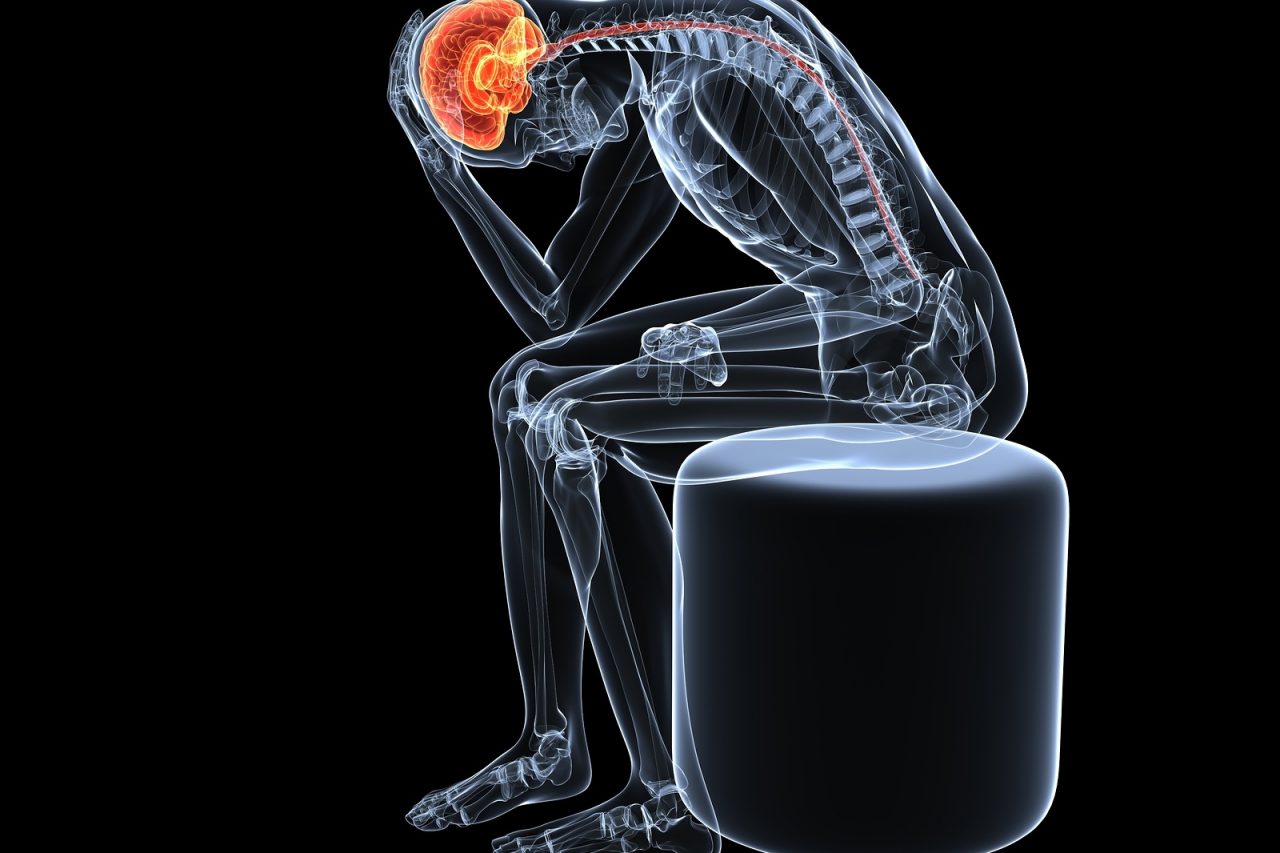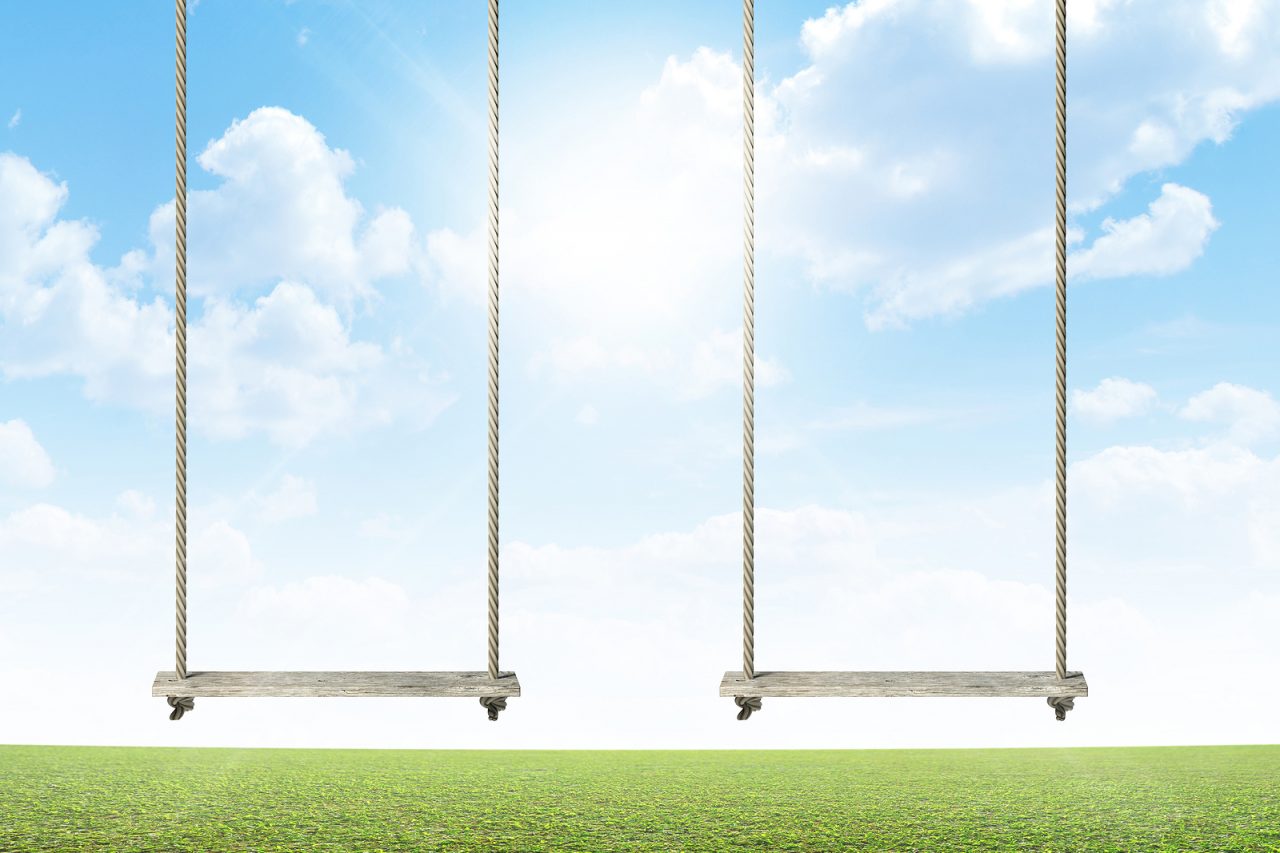Cancer is a thief. It takes comfort and strength. It takes pieces of body and soul. It takes life. For many patients there is something more, adding torture to disease. Cancer takes independence.
Most of us have lives of great personal freedom. We arise each morning at the time of our choosing. Eat (or not) what we wish. Leave the house (or not) when we wish. We go threw our days picking between dozens of opportunities. Interact (or not) with people we like (or don’t). Volunteer at school, church or temple. Read a book, watch TV or exercise. Finally, tired from all this choice, we retire to bed in our room in our home, at the time we pick.
Cancer can take this liberty away. Our bodies require care and refuse to cooperate with desire. Sleep is disturbed. Medicines must be taken. Pain intrudes. Physical injuries limit. Treatments must be served. Doctor visits attended. We feel our freedom fading. Somewhere along the path we realize we need help. That moment pierces deep…we are becoming dependent.
Often this is a time of crisis. It can be particularly hard for parents or those who have been the core support for others. The table rotates. We are the ones who need care. How can we beg that sacrifice? How can we take what we have given? Our role has been nurturer, to build others. We cannot be a burden on our family.
These deep feelings may result in mistakes. Not wishing to be a drain on family and friends, patients compromise their medical care. Tests are refused or simply never performed. Treatments are delayed. Prescriptions not filled. Symptoms hidden or denied. Persons that might be helped deteriorate in isolation.
For physicians there is frustration in patients who will not “comply.” This may result in confrontations with medical staff, as the patient’s actions seem arbitrary. For families there is increasing anger, confusion, and dysfunction. The desire to help collides with the need to be sovereign. Patient and family suffer.
There are two sides to this common event, the patient and the family. With communication and understanding, balance can be achieved.
First, the family needs to comprehend that the desire for freedom does not vanish at diagnosis. Whenever possible families need not only to give care but also to try to maintain a degree of independence for the patient. This is not a time for the family to seize control, but an opportunity to build stronger relationships by negotiation. The anger the patient projects at the family (“but, we’re just trying to help”) is really anger at the disease. Truly a time when calm, patience and empathy are virtues. Talking helps a lot.
Second, the patient must awake to a basic fact. They can never been a burden. Just as when the cry of a baby is heard by its’ mother, the needs of a loved one when they are ill evokes a natural instinct to help. For a family not giving brings deep pain and conflict. Care giving is a basic need. Paradoxically, allowing one’s family to help is a gift that can relieve the family’s agony.
The patient must learn that the shortest route to independence is to understand the “sick role.” This is not surrendering to the disease or stopping the fight. Part of illness is to accept reasonable limits on our independence. Driving a car when dizzy, lifting groceries with back pain, dressing a wound we cannot see or even paying bills when we are tired, can lead to poorer medical outcomes and make us dependent even longer. Accepting assistance is part of building a team. It is about becoming healthy.
We spend our lives giving to others so they may grow. With work, teaching and love our families become strong and independent. The time may come when we need their help. That is as it should be. We reap what we sow.







2 Comments